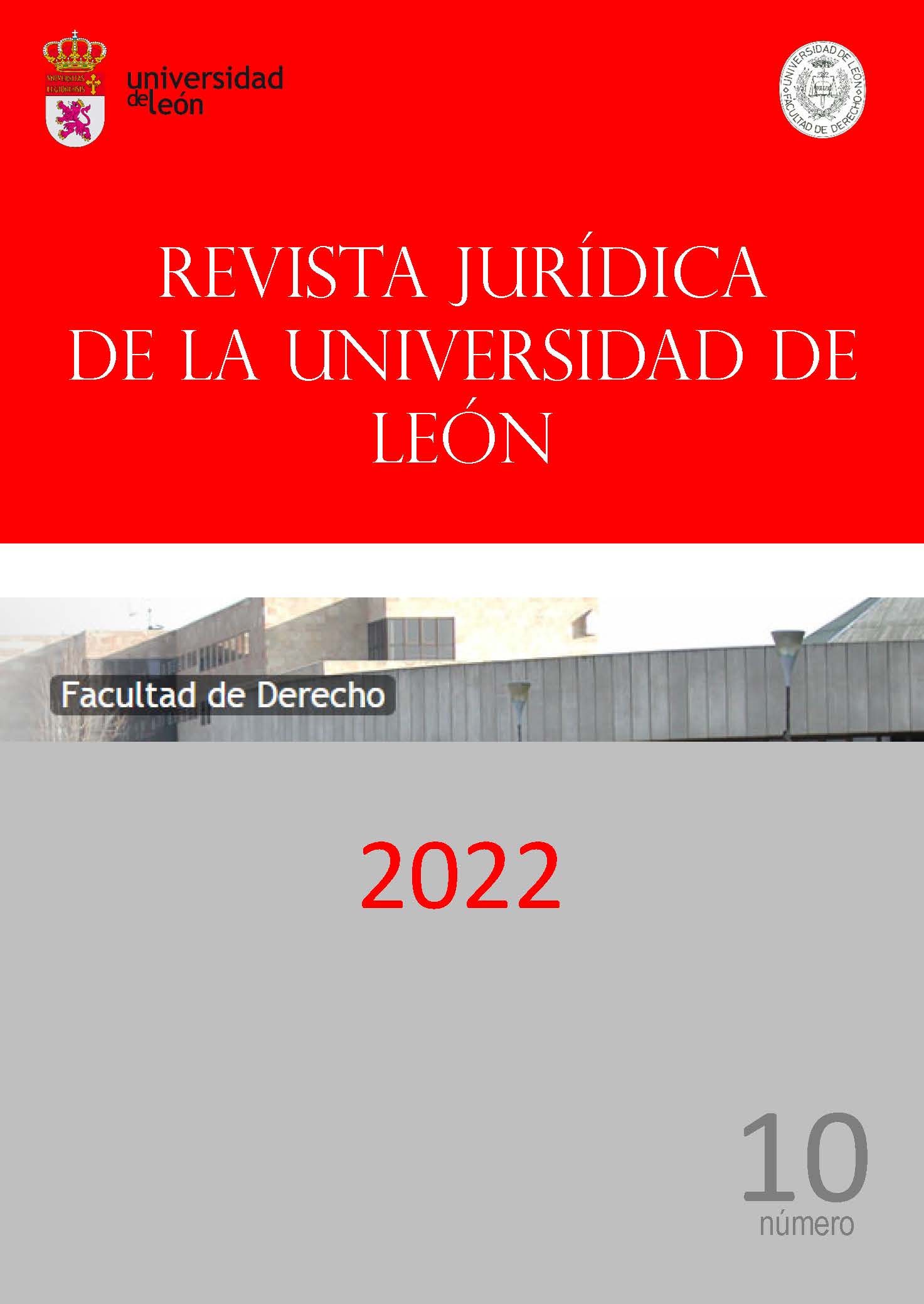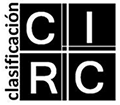A paradigm shift for leaders to cope with the pandemic
DOI:
https://doi.org/10.18002/rjule.i10.7437Palavras-chave:
Leadership, COVID-19, Hybrid working environment, Paradigm shift, EQResumo
The 2020 Covid-19 outbreak has turned our approach to work upside down as it allowed millions of employees to experience the benefits of working from the safety of their homes. Two years later hybrid working arrangements have become widespread and several companies tend to mix onsite and remote working and seek to take advantage of both. A paradigm shift is about to take place whereby individual decisions would be driven by putting the needs of the human before that of the business growth. Inspired by the need of managers and leaders to understand unprecedented implications of such a “new normal”, in this paper we (a) discuss the pandemic’s implications on the working environment, (b) identify the grounds for having hybrid teams and (c) list the findings of our literature review as tools leaders may use to maintain the required productivity level within their teams. We have found that managers might consider shifting their focus from on-site employee presence to deliveries and to re-invent workplace together with their colleagues to integrate private preferences. Leaders seem to be more effective in a hybrid working environment if their people management skills are enhanced, and they operate on a higher EQ level than before.
Downloads
Referências
AROLES, J., CECEZ-KECMANOVIC, D., DALE K., KINGMA S.F., & MITEV, N. (2021): New ways of working (NWW): Workplace transformation in the digital age, In Information and Organization, 31. 4. DOI: 10.1016/j.infoandorg.2021.100378
BÉLAND, L.-P., BRODEUR, A., & WRIGHT, T. (2020): The short-term economic consequences of covid-19: Exposure to disease, remote work and government response. In SSRN Electronic Journal. DOI: 10.2139/ssrn.3584922
BENO, M. (2021): On-site and hybrid workplace culture of positivity and effectiveness: Case study from Austria. In Academic Journal of Interdisciplinary Studies, 10(5), 331-338. DOI: 10.36941/ajis-2021-0142
CHAMAKIOTIS, P., PANTELI, N., & DAVISON, R.M. (2021): Reimagining e-leadership for reconfigured virtual teams due to covid-19. In International Journal of Information Management, 60, 102381. DOI: 10.1016/j.ijinfomgt.2021.102381
CLARKE, T., & CLEGG, S. (2000): Changing Paradigms: The Transformation of Management Knowledge for the 21st Century. HarperCollins. COLLINS, J. (2001): Good to Great. HarperCollins.
DINH, J.V., REYES, D.L., KAYGA, L., & LINDGREN, C. (2021): Developing team trust: Leader insights for virtual settings, In Organizational Dynamics, 50, pp. 1-11., DOI: 10.1016/j.orgdyn.2021.100846
DRUCKER. P.F. (2001): Management Challenges for the 21st Century. HarperBusiness.
FRICK, D.E. (2010): Motivating the Knowledge Worker. ttps://www.dau.edu/library/arj/ARJ/arj60/Frick_ARJ60.pdf (February 10, 2022).
HOWE, D.C., CHAUHAN, R.S., SODERBERG, A.T., & BUCKLEY, M.R. (2021): Paradigm shifts caused by the COVID-19 pandemic. In Organizational Dynamics, 50(4), 100804. https://doi.org/10.1016/j.orgdyn.2020.100804
HUME, D. (1999): An Enquiry Concerning Human Understanding. Oxford University Press.
KNIFFIN, K.M., NARAYANAN, J., ANSEEL, F., ANTONAKIS, J., ASHFORD, S.P., BAKKER, A.B., BAMBERGER, P., BAPUJI, H., BHAVE, D.P., CHOI, V.K., CREARY, S.J., DEMEROUTI, E., & VUGT, M. van. (2021): Covid-19 and the workplace: Implications, issues, and insights for future research and action. In American Psychologist, 76(1), 63–77. DOI: 10.1037/amp0000716
KUHN, T. (2021): The Structure of Scientific Revolutions. In M. RUSE (Ed.), Philosophy after Darwin: Classic and Contemporary Readings (pp. 176-177). Princeton: Princeton University Press. https://doi.org/10.1515/9781400831296-024
KULSHRESHTHA, K., & SHARMA, G. (2021): Understanding e-leadership: Please mind the gap. In Technological Forecasting and Social Change, 168, 120750. DOI: 10.1016/j.techfore.2021.120750
LEE, W.T., HOM, P., EBERLEY, M., & LI, J. (2018): Managing employee retention and turnover with 21st century ideas, In Organizational Dynamics, Vol. 47, pp. 88-98. DOI: 10.1016/j.orgdyn.2017.08.004
MENDELS, D. (2007): On memory. An interdisciplinary approach. Peter Lang.
MITCHELL, A., & BREWER, P.E. (2021): Leading hybrid teams: Strategies for realizing the best of both worlds. In Organizational Dynamics, 100866. DOI: 10.1016/j.orgdyn.2021.100866
NEWMAN S.A., & FORD R.C. (2021): Five Steps to Leading Your Team in the Virtual COVID-19 Workplace, In Organizational Dynamics, 50. 1-11. DOI: 10.1016/j.orgdyn.2020.100802
SONG, J. (2004): Yet another paradigm shift? From Minds-on to Hearts-on. In Teaching and Learning of Physics in Cultural Contexts. https://doi.org/10.1142/9789812702890_0004
SNELLMAN C.L. (2014): Virtual Teams: Opportunities and Challenges for e-Leaders, Procedia – In Social and Behavioral Sciences, 110, pp1251-1261 DOI: 10.1016/j.sbspro.2013.12.972
Downloads
Publicado
Como Citar
Edição
Secção
Licença
Direitos de Autor (c) 2022 Brigitta Bánhidi

Este trabalho encontra-se publicado com a Licença Internacional Creative Commons Atribuição-NãoComercial-CompartilhaIgual 4.0.
Los autores que publican en esta revista están de acuerdo con los siguientes términos:- Los autores ceden de forma no exclusiva los derechos de explotación (reproducción, distribución, comunicación pública, transformación) a la Universidad de León, por lo que pueden establecer, por separado, acuerdos adicionales para la distribución no exclusiva de la versión de la obra publicada en la revista (por ejemplo, alojarlo en un repositorio institucional o publicarlo en un libro), con un reconocimiento de su publicación inicial en esta revista.
- Este trabajo se encuentra bajo la Creative Commons Attribution-NonCommercial-ShareAlike 4.0 International License. Puede consultarse desde aquí la versión informativa y el texto legal de la licencia.
- Se permite y se anima a los autores a difundir electrónicamente las versiones pre-print (versión antes de ser evaluada) y/o post-print (versión evaluada y aceptada para su publicación) de sus obras antes de su publicación, ya que favorece su circulación y difusión más temprana y con ello un posible aumento en su citación y alcance entre la comunidad académica.








